Published Apr 24, 2015
EXCLUSIVE INTERVIEW: Morgan Woodward
EXCLUSIVE INTERVIEW: Morgan Woodward
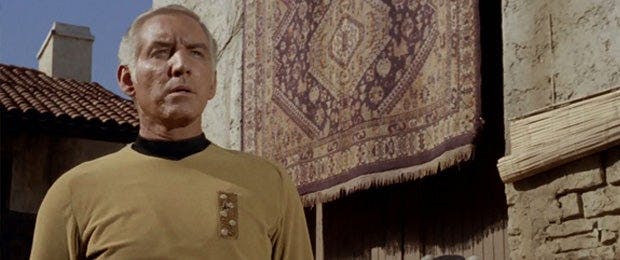
Any actor would envy the career of Morgan Woodward. Over the course of five decades, from the 50s to the 90s, he amassed 400-plus film and television credits. Along the way, he played some mighty memorable roles, including Shotgun Gibbs on The Life and Legend of Wyatt Earp, Boss Godfrey in Cool Hand Luke, Jock Ewing’s pal Punk Anderson on Dallas and (Old) Harry Cokely on The X-Files. But, perhaps most enduringly, he had the distinction of portraying two wild-eyed, emotionally volatile characters on Star Trek: The Original Series: Dr. Simon Van Gelder in “Dagger of the Mind” and Captain Ronald Tracey in “The Omega Glory.” Woodward is 89 years old now, and will turn 90 in September, but other than bum legs that require him to use a walker, he’s in great health, sharp of mind and strong of voice. He’ll attend The Hollywood Show this weekend in Los Angeles, signing autographs and posing for photos with fans, and in advance of that appearance, he spoke to StarTrek.com about his life, career and Star Trek. Here’s what he had to say…
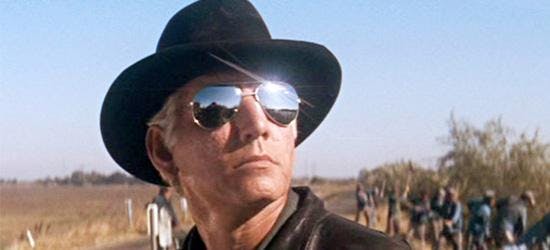
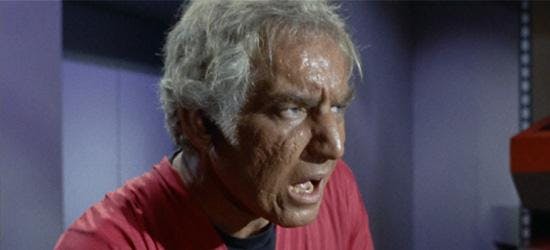
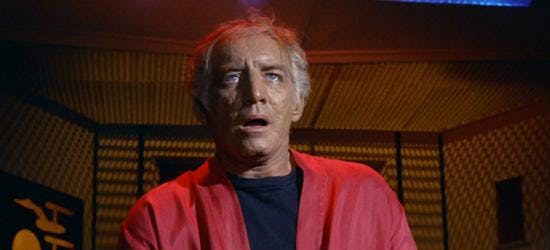
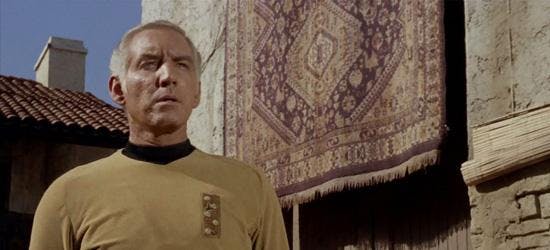
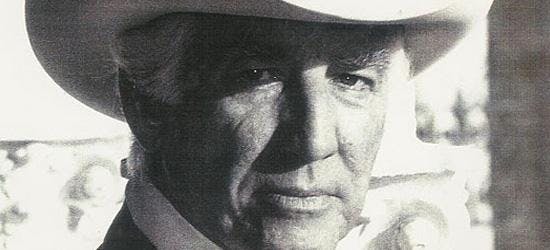
WOODWARD:Star Trek is a cult, and any time you’ve got a cult, it continues and continues. They’re getting ready to do another Star Trek movie now and some of the original people could be in it. It just keeps going. So, no, it doesn’t surprise me. It doesn’t surprise me, not at all. The (conventions and autograph) shows that I’ve gone to, most of the people want me to sign pictures from Star Trek. I sign pictures from Dallas and the westerns and Cool Hand Luke, too. The Man with No Eyes from Cool Hand Luke is still very, very popular, and that’s almost 50 years, too. But it’s mostly Star Trek that people want me to sign pictures of, and I get that.Woodward will be at the Hollywood Show this weekend, Friday to Sunday, at the Westin Los Angeles Airport Hotel. Go to www.hollywoodshow.com for details.

